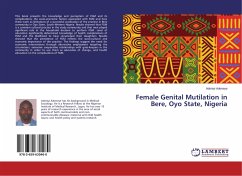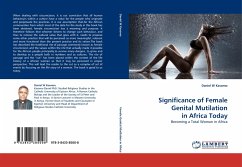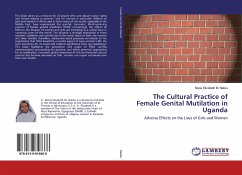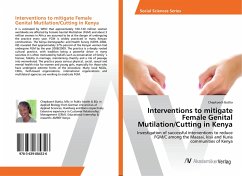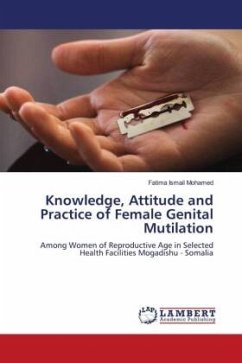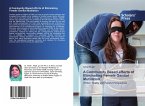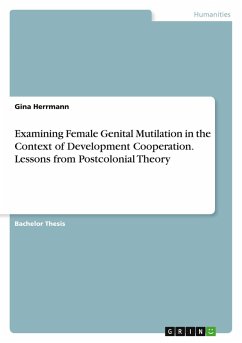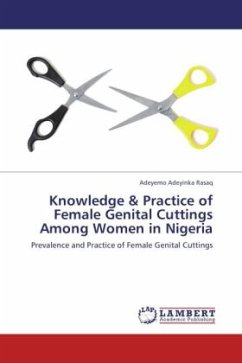This book presents the knowledge and perception of FGM and its complications, the socio-economic factors associated with FGM and how these work as limitations of a successful eradication of the practice in Bere community in Oyo State, South-Western Nigeria. Results showed that FGM is a common cultural practice in the study community and that men played significant role in the household decision to perform FGM. Level of education significantly determined knowledge of health complications of FGM and the likelihood to have circumcised their daughters. Results showed that the persistence of FGM reflects the socio-cultural and economic importance of the practice. The findings suggest the need for economic interventions through alternative employment targeting the circumcisers, extensive cooperative relationships with gate-keepers in the community in order to use them as advocates of change, and health education on the complications of FGM.
Bitte wählen Sie Ihr Anliegen aus.
Rechnungen
Retourenschein anfordern
Bestellstatus
Storno

